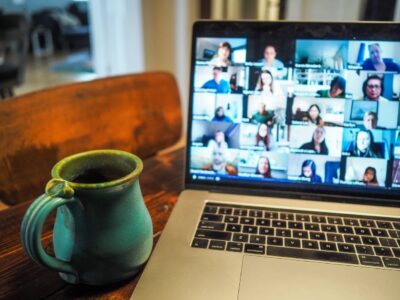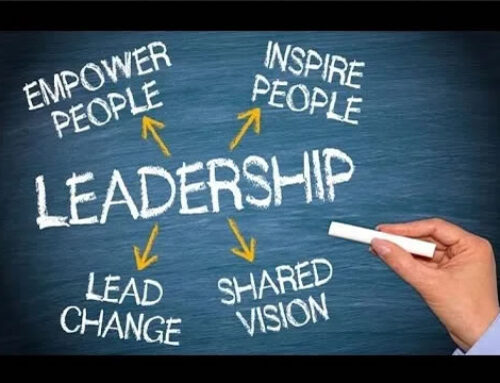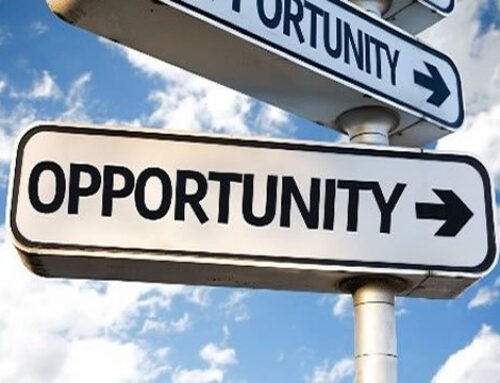
Photo by Chris Montgomery from Unsplash
I have encouraged my clients in leadership roles to use Zoom, to be on camera, to try team building exercises and even to schedule social Zoom networking. Now the experts say this could be causing more stress, less connection, even burnout! Have I exposed my clients and their teams to the ‘Zoom Flu’ without offering a cure? Coaching may be the cure!
I’ve been reading a number of articles lately referring to Zoom fatigue. That’s right, it’s a thing! I thought it was just me. A technology that helped so many of us connect with our colleagues at work and with our family and friends in distant and near places now feels almost like an intruder. How did that happen?
I read with interest an article by Lydia Dunworth, “Zoom Fatigue is Real and What You Can Do About it”, featured in Psychology Today. Ms. Dunworth quotes Jeffrey Hall, professor of communication studies at the University of Kansas, who writes “Zoom is exhausting and lonely because you have to be so much more attentive and so much more aware of what’s going on than you do on phone calls.” He goes on to point out the discomfort when your camera is on, watching yourself speak. It seems we tend to focus on ourselves rather than the others in the Zoom room, and, in doing so, feel more isolated.
Mark Royal and George Atkinson of Korn Ferry, in their article, “Burnout, the Second Wave”, tell us that employers’ attempts to connect with staff by offering Zoom check-ins, wellness activities, mindfulness training and other work-sponsored activities can actually cause more stress and lead to burnout. This really gave me pause. In my May blog, Advancing Your Healthcare IT Career, https://llvcoaching.com/thoughts/f/advancing-your-healthcare-it-career, I recommended the following approach to work in the age of COVID where much of the work is remote:
- Move forward with confidence as a leader by understanding yourself, your strengths and your values
- Engage and recognize your team now, especially during this time of social distancing
- Prepare for the future, leverage your relationships, the skills and strengths of your team

Photo by Brett Jordan from Unsplash
These recommendations emphasize confidence, self-awareness and relationships. Now let’s consider the impact of the ‘Zoom Flu’ and that of social distancing continuing for much longer than most of us expected back in May.
As I’ve written before, leaders coach in order to help people see the choices before them with more clarity, even during times when there appear to be no choices available. It starts with self-awareness, understanding the influences surrounding us and what is and what is not under our control. Have any of us ever lived through a time when we have felt less in control?
In the Zoom world, the influences surrounding us are numerous and personal. From the at-home distractions of our dogs barking, to the technology glitches, to the sometimes relentless meeting schedules making our work and our leisure hours merge, it all can lead to burnout. Doesn’t it make perfect sense that adding that work-sponsored mindfulness training to an already overloaded schedule may not be the best answer? Of course that’s true, or, it may not be true for some. That’s the point – as leaders we have to recognize and support an environment that encourages and empowers each individual. How? Coach the team! Coaching begins with asking questions. Ask your team and individuals what works for them, acknowledge, validate and take action.
It’s not just understanding ourselves that matters, it’s understanding the people that we lead. I’m not suggesting that you provide no structure or standards and allow people to opt out of meetings. I’m saying there is great value in taking the time to build the one-on-one relationships by acknowledging and validating the environmental, social and other influences facing each member of your team, and making reasonable accommodations to support them. This enhances performance and fosters sustainable results; for you, and for the individual.
 Many of my clients are healthcare leaders who chose the field because they want to serve others and they have a natural inclination to put others first. I often start a coaching engagement using the Energy Leadership Index (ELI) assessment*, an attitudinal assessment that provides a unique lens on self-awareness and emotional intelligence, two key ingredients for any leader. Many healthcare leaders’ results point to this desire to serve others, sometimes at the expense of taking care of themselves, resulting in burnout and fatigue. As a coach, my goal is to empower clients to self-coach, and the ELI fosters that goal. I’m often amazed by the insights these leaders have as we debrief on the results of the assessment. There’s a shift toward understanding the value of investing in themselves as a means to the end goal of serving others. For more information on the ELI, follow this link: https://llvcoaching.com/special-offers
Many of my clients are healthcare leaders who chose the field because they want to serve others and they have a natural inclination to put others first. I often start a coaching engagement using the Energy Leadership Index (ELI) assessment*, an attitudinal assessment that provides a unique lens on self-awareness and emotional intelligence, two key ingredients for any leader. Many healthcare leaders’ results point to this desire to serve others, sometimes at the expense of taking care of themselves, resulting in burnout and fatigue. As a coach, my goal is to empower clients to self-coach, and the ELI fosters that goal. I’m often amazed by the insights these leaders have as we debrief on the results of the assessment. There’s a shift toward understanding the value of investing in themselves as a means to the end goal of serving others. For more information on the ELI, follow this link: https://llvcoaching.com/special-offers
As we look at the influence of the ‘Zoom Flu’ on our ability to perform as leaders and to empower our teams to excellent performance, there are several ways to inoculate ourselves. One way is to incorporate some leadership disciplines.** I’ll start with the discipline of awareness. Bruce D. Schneider, founder of iPEC, writes that one way to think of this is the ability to know what is, to discern what is actually happening. It requires being present, being in the moment. Being aware as a leader on a Zoom meeting means taking your eyes away from your own image and focusing on the others in the meeting. This may take some discipline and some practice. What can you learn from this? How can you enhance your ability to “tune in” to your team? What can you do to serve and support each individual?
Another great practice is to exercise acceptance. As leaders, it’s important that we face the reality of a situation, accept it, and look for opportunities. A great thought to enhance acceptance is, “I wonder what opportunity this situation holds”. Perhaps one of your team members seems particularly uncomfortable on camera and is not participating in the way he/she previously did in person. Accept that, and look for other ways to engage him/her. Try a phone call once in a while and see if that makes a difference. Or, consider asking the individual to email some suggestions in advance of a meeting.
Lastly, let’s look at conscious choice. As a leader, you are constantly making choices and decisions. Focusing on what you can control is key. Take care of yourself and make choices that are beneficial to your well-being. That will enhance your performance and inoculate you against burnout. You need a break once in a while to re-charge. Take that break and do what you need to do to be at your best. One of those steps may be to engage a coach or mentor to support you.
One of my clients was challenged by transitioning to a new organization in the midst of the pandemic. Not only did she interview remotely, she accepted and started the leadership position remotely. That is, she never met her team in person. Through our work together, and her incredible commitment to be a great leader, she developed a keen awareness of her own strengths and found ways to connect with her team by being present and authentic, even on Zoom. I coached her, until she had the awareness and confidence to coach herself!

Photo by Mateo Di Iorio from Unsplash
Be confident! Try finding a coach or a mentor, be a coach and learn to coach yourself! It’s an investment that will yield returns and inoculate you from the ‘Zoom Flu’!
As a COR.E Leadership Dynamics Specialist (CLDS), I can help you discover and execute your Individual Success Formula to increase your confidence as a leader and drive your overall performance and satisfaction.
Contact me at cathyiocona@llvcoaching.com or visit me at https://llvcoaching.com/my-clients-stories to read what my clients say.
* Energy Leadership Index, Copyright © 2007, 2013 iPEC
**This blog contains my interpretation of the copyrighted work of Bruce D. Schneider and the Institute for Professional Excellence in Coaching (iPEC).



